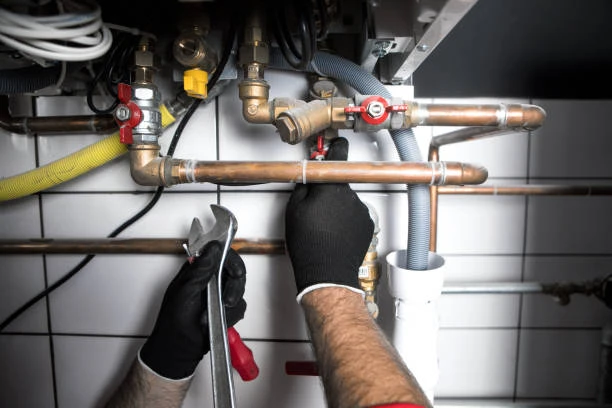In today’s world, where infrastructure plays a pivotal role in our daily lives, the quality of pipes and fittings cannot be overlooked. Whether it’s in residential buildings, commercial complexes, or industrial setups, having durable and reliable piping systems is essential. In this article, we’ll explore the significance of long-lasting pipes and fittings and how they contribute to a robust infrastructure.

The Importance of Pipes and Fittings
Pipes and fittings are the backbone of any plumbing or drainage system. They transport water, gas, and other fluids throughout a structure. The materials used for these pipes can significantly affect their longevity, efficiency, and overall performance.
Why Choose Long-Lasting Pipes?
- Durability: Long-lasting pipes are built to withstand various environmental stresses, including temperature changes, pressure variations, and corrosion. This durability translates to fewer repairs and replacements over time.
- Cost-Effectiveness: Although long-lasting pipes might require a higher initial investment, their extended lifespan means lower maintenance costs. Over time, this can lead to substantial savings.
- Safety: Inferior quality pipes can lead to leaks, which might not only cause water damage but can also pose health risks due to contamination. Long-lasting pipes ensure a safe and secure plumbing system.
Types of Long-Lasting Pipes
When it comes to choosing pipes and fittings, several materials are known for their longevity:
1. PVC (Polyvinyl Chloride)
PVC pipes are lightweight, resistant to corrosion, and ideal for drainage and irrigation systems. They can last up to 100 years with proper installation and care.
2. CPVC (Chlorinated Polyvinyl Chloride)
CPVC pipes are a step up from regular PVC, capable of withstanding higher temperatures. They are perfect for hot water applications and can last for decades.
3. PEX (Cross-Linked Polyethylene)
PEX is flexible, easy to install, and resistant to scale and chlorine. It is an excellent choice for residential plumbing, with a lifespan of over 50 years.
4. Copper
Copper pipes are known for their durability and resistance to corrosion. They can last for more than 70 years and are commonly used for water supply lines.
Choosing the Right Fittings
Just as crucial as the pipes themselves, fittings must be durable and reliable to ensure a secure plumbing system. Here’s what to consider when selecting fittings:
1. Material Compatibility
Ensure that the fittings you choose are compatible with the pipes. Mixing materials can lead to corrosion and failure of the system.
2. Quality Standards
Look for fittings that meet industry standards and certifications. High-quality fittings will enhance the reliability of your piping system.
Installation Matters
Even the best pipes and fittings won’t perform well if they are not installed correctly. Here are some installation tips:
1. Hire Professionals
While DIY might seem tempting, hiring experienced plumbers ensures proper installation, minimizing future issues.
2. Follow Manufacturer Guidelines
Always adhere to the manufacturer’s recommendations for installation and maintenance. This can help in achieving the maximum lifespan of the pipes and fittings.
Maintenance Tips for Longevity
To ensure that your pipes and fittings last as long as possible, consider the following maintenance tips:
- Regular Inspections: Periodically check for leaks, corrosion, or any signs of wear and tear.
- Proper Cleaning: Clean the pipes and fittings to prevent buildup that can lead to clogs and reduced efficiency.
- Temperature Management: Avoid exposing pipes to extreme temperatures, which can lead to expansion and contraction, ultimately causing damage.
Conclusion
Investing in long-lasting pipes and fittings is not just a matter of cost; it’s about ensuring safety, reliability, and efficiency in our infrastructure. With various materials available, it’s essential to choose wisely, considering durability, compatibility, and professional installation. By prioritizing quality in your piping systems, you contribute to a sustainable and robust infrastructure that serves you well for years to come.
FAQs
1. How long do PVC pipes last?
PVC pipes can last up to 100 years if installed correctly and maintained properly.
2. What is the best material for plumbing pipes?
The best material depends on your specific needs, but copper, PVC, and PEX are all excellent choices known for their durability.
3. Can I install pipes myself?
While DIY installation is possible, it’s recommended to hire professionals for the best results and to ensure compliance with local codes.
4. How often should I inspect my pipes?
Regular inspections are recommended at least once a year or more frequently if you notice any signs of leaks or damage.
5. What can I do to prevent pipe corrosion?
Using corrosion-resistant materials, maintaining proper pH levels in water, and insulating pipes can help prevent corrosion.